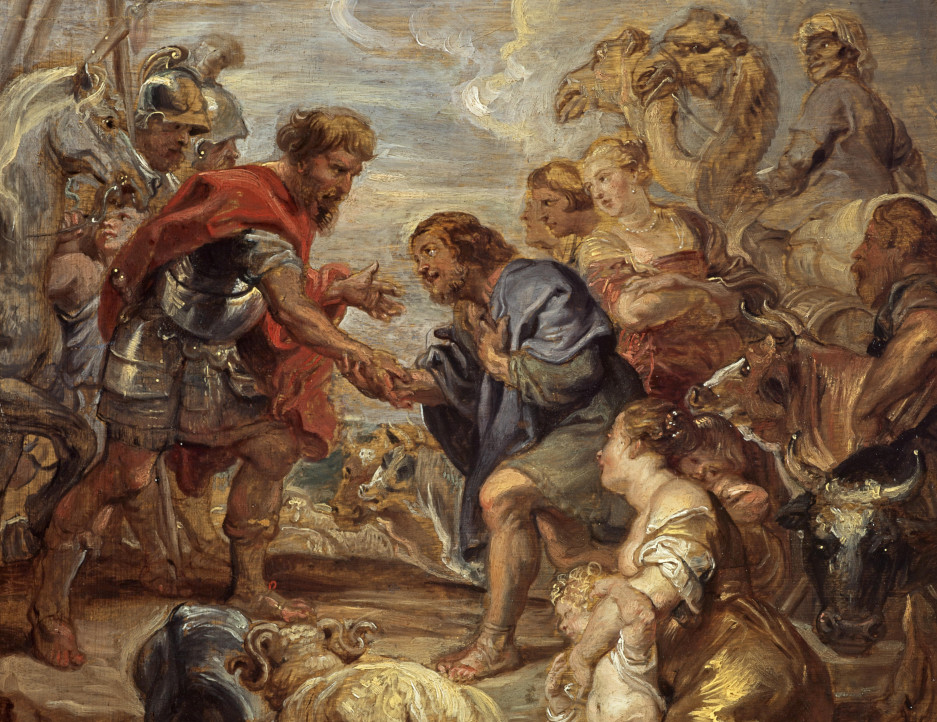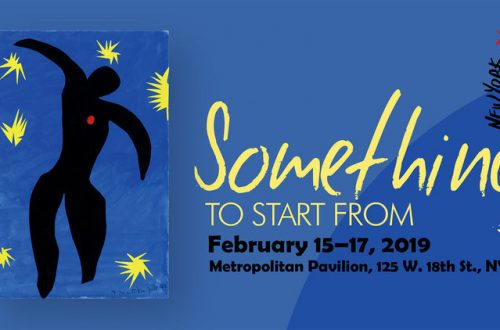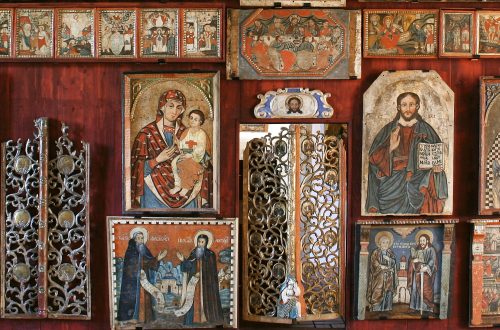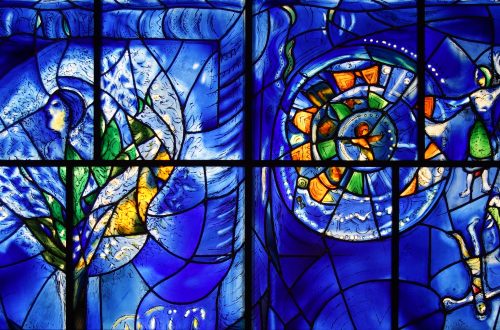by Henry Brink
When I was in Turkey in the Summer of 2019 with a few of my friends, the four of us once took a long trip to a waterfall. We went for a mildly perilous car ride, hiked up the cliffside, played in the stream, and turned around to walk back to the car. By this point, we likely looked ragged and hungry. As we walked back, we passed a Turkish family sitting down to a picnic. They caught our eyes, beckoned us over, and foisted rotisserie chicken, pita, and cups of Coca-Cola on us. We took it in surprise, and only after they watched us eat our first bites of food did they ask us where we were from. We talked briefly, and as only one of us knew Turkish, we mainly just shook our heads as they tried to feed us their entire meal. We eventually got away after thanking them repeatedly.
That Turkish family called over four foreign and hungry people to eat their picnic, and they did not do so because they had an excess of food. Between the nine of them, they had two rotisserie chickens, a small bag of pita, and two 2-liters of coke. They knew we did not belong and therefore knew that we would have a harder time accessing basic needs like food. And this was not an isolated event; similar encounters happened all throughout the summer I lived there. Yet, if a random bunch of hungry-looking Mongolian tourists happened to walk past my family’s picnic in Minnesota, I do not know if our first reaction would be to shove food into their hands. Given God’s repeated commands to welcome strangers, I begin to feel at least awkward if not fearful. Time after time, Turkish Muslims were better at welcoming strangers than most American Christians I know. The goodness of our hosts threatens within me the sense of the rightness and thus the authority of Christianity, because it seems that people outside of my religion are following my religion better than people inside of it.
The fear induced by hospitable Muslim Turks is only one instance in a litany of examples of good non-Christians. It is also awkward, for example, that the Syriac Christians of Anatolia, the Jews of Italy, and the Huguenots of France all at one time or another migrated to the Middle East to escape the persecution of Christian Europe and find safety under the Zoroastrian Persians and the Muslim Arabs and Ottomans. In the history of world atrocities, no one people group really has a leg up on any other – if they do, it’s likely because they never got the chance to do anything terrible to anyone else. Still, the fact that non-Christians even once demonstrated better than Christians how to welcome the stranger in their midst (i.e., love foreigners), care for the widow and the orphan (i.e., support the economically down-trodden and socially scorned), and love their neighbors, friends, and enemies should scandalize Christians.
This thought threatens a very fragile position of religious superiority. I am slightly afraid to admit or articulate these things because they threaten the security that a sense of religious superiority provides, but this instinctual desire for superiority is, while understandable, one of the things YHWH most loves to trample on. It seems to be little more than a classic case of us and them, the Jews and the pagans, the civilized and the barbarians. Or, to use language employed by Hosea (language which attacks the simple dichotomy it articulates), it is a dichotomy of “My People” and “Not My People.” This then is the question, how ought Christians (My-People) to respond when non-Christians (Not-My-People) are better followers of Christ’s example than they are?
To begin with, having Not-My-People correct My-People is actually central in Christian tradition. The scribes and Pharisees (and occasionally the Sadducees) are routinely the bad guys of the gospel, as if they are obviously Not-My-People. But they are not obviously Not-My-People; if anything, they are God’s people par excellence. By the time Christ becomes incarnate, the land of Judaea has been under the control of various foreign rulers for around 500 years (except for a brief stint under the Maccabees). The Jews of Roman times reacted in various different ways, but the Pharisees were the group who reacted by rededicating themselves to the law. In Jewish society (i.e., the society of God’s people), as foreign influences eroded the practices that God granted to the Israelites, the Pharisees read, interpreted, and taught the law. The parallel in contemporary Christian society would be pastors, priests, deacons, patriarchs, professors of theology, scripture teachers, etc. The Pharisees are the very institution of My-People.
Confrontations between Christ and the Pharisees are not confrontations between God’s side and not God’s side. They are confrontations between God and his own side. When Christ reprimands the Pharisees and hangs out with tax collectors and prostitutes, he is reprimanding the people of the institution that most carefully attends to his law and spending time with people who operate outside the bounds of the religious institution. In contemporary Christian terms, Christ would be insulting churches and hanging out with agnostics.
Christ routinely held up various incarnations of Not-My-People as examples over and against My-People. He remarks that if he were to visit Tyre and Sidon, people there would recognize him far better than the people of Israel. Moreover, the archetypal parable for what it means to love one’s neighbor features not a Jew but a Samaritan, a descendant of the Jews who deserted the law of God and mixed with the pagans. In brief, Christ rebukes the people who have dedicated themselves to keeping God’s own law, and he lifts up Tyre and Sidon (straight-up pagans) and Samaritans (people who rejected that very covenant of God 500 years prior).
Jacob, the namesake of the people of Israel, is a prime example of God rebuking his people through outsiders. Jacob tricks his older brother out of both birthright and blessing, takes his place in the family line, and inherits the covenant with YHWH. Esau then ratifies his rejection of said covenant by marrying local Canaanite women (and presumably serving their gods). Jacob is the man of God; Esau is the rejector of God. And yet, their story primarily consists of Jacob wronging Esau, of Jacob being the bad guy.
Jacob comes out of the womb grabbing Esau’s heel, and it is thus that he gets his name. ‘Jacob’ comes from the same root as the noun ‘heel’ and the verb ‘to supplant’ (i.e., to grab the heel of). He comes out of the womb being the man on the bottom trying to bring down the man on top. Later, he barters for Esau’s birthright (his physical inheritance) and takes the blessing that his father was supposed to reserve for him (his spiritual inheritance: headship over his siblings). Looking at the record, the man of God is a jerk, and his brother, though neither smart nor spotless, is a victim.
So God proceeds to give Jacob a taste of his own medicine through a mix of direct and mediated action. When Jacob returns to Canaan and hears that Esau is approaching with four-hundred men (a number which probably means the group is military), Jacob fears for his life, sends off herd after herd to placate his stewing brother, and waits through the night. It is here that the great reversal begins. Out of nowhere, a man starts wrestling him. When Jacob has the man pinned, this man grabs Jacob’s leg and injures him in order to escape. Put in another way, his opponent supplants him. His opponent did unto him as he did unto his brother, and then gives him a new name: Israel, he who wrestles with God. Jacob becomes the supplanter supplanted.
Notably, this is the first of two times that Jacob claims to have seen the face of God. One of Jacob’s two closest encounters with God is God bringing vengeance on him for what he did to Esau. Moreover, God names his people after Israel and therefore symbolizes his relationship with his people through the image of fighting a man and bringing his sins back to correct him.
As God reversed Jacob’s supplanting, so Jacob reverses his theft of the birthright and blessing. The younger brother’s messengers give herd after herd to the older brother, thus paying back the wrong of the stolen birthright. Then, when Esau comes within sight, Jacob bows to the ground seven times before his brother and reverses the stolen blessing which granted Jacob headship. One by one, he pays restitution for his three wrongs. (Although I grant it is a little harsh to say that infant Jacob was doing evil as he grabbed his brother’s ankle, it at least symbolizes his disposition towards his brother for the rest of their story.)
Then Esau, the pagan and the rejector of YHWH, forgives Jacob for the litany of evils he did against him, and Jacob responds, “I have seen your face like seeing the face of God” (Gen 33:10). For a second time, Jacob claims to have seen the most clear theophany possible, the very face of God, and he sees God when Esau sacrifices his resentment for the sake of his brother. To make the parallel brutally clear, the representative of My-People wronged the representative of Not-My-People, but God manifested himself by giving My-People a taste of his own supplanting medicine, causing him to make restitution, and then (through Not-My-People) forgiving him. God was manifested when Not-My-People forgave My-People for My-People’s wrongs.
Moreover, throughout scripture, Not-My-People stands as an example of how My-People ought to act. The minor prophets are loaded with litanies of Israel’s offenses and calls to repent, but there is very little repentance to match it. Yet, when Jonah walks around declaring God’s judgment in Nineveh, the center of the archetypally evil Assyrian empire, the entire populace (cattle included) repents on the spot. Meanwhile, the Israelite prophet sits in un-loving resentment.
The Pharisees’ problem is not that they were on the wrong side but that they failed to understand that God’s side is the side that is rebuked. The Pharisees, unlike Jacob, did not receive their correction. They did not repent when a blasphemous hick from nowhere-ville (Jesus Christ the Son of God) claimed that a bunch of tax collectors, prostitutes, and other religiously-suspect characters were better followers of God than they. Except for a precious few, they did not, like Jacob, see the face of God in the place they least expected it. The people of God are many things, but one thing they must be is a people willing to receive correction from “outsiders,” because by YHWH’s radical universality, there is in fact no such thing as an outsider from the work of God.
And the work of God may manifest itself as a man who mugs you in the middle of the night to reveal what you’ve done wrong. Christ does indeed “play in ten-thousand places,” as Hopkins claims, and many of those places are the actions of those who don’t care one bit for Christ or his message. And Christians should not be afraid of this; they should be ready to be mugged, to be corrected in order to see the Face of God. What matters first and foremost is not that Christians are affirmed, for they are often wrong. What matters is that Christ is emulated. God scoffs at religious superiority; he wants his people to love him and their neighbors. When a Muslim or a Buddhist or an atheist suspicious of or even antagonistic to the Church lives out a better example of Christ’s life than a Christian does, the Christian is freed to recognize the face of Jesus Christ along with Jacob and admit in wonder that “I have seen your face like seeing the face of God” (Gen 33:10).

Henry Brink lives near a bluff that looks across the river at Downtown Saint Paul, Minnesota. He runs past that bluff and tries to compose music there. He sometimes travels to places like Kazakhstan and Georgia and sings Georgian chant and folk music with people. He hosts dinners every Friday to which everyone is always already invited and plays one song on the banjo. He usually talks about ancient Christian languages, Dostoevsky, open fifths, scripture, and the eschaton.
Header Image: The Reconciliation of Esau and Jacob (detail) by Peter Paul Rubens, 1624, in the Public Domain






3 Comments
Dr. Tom King
Wonderful piece of Peace and everything else that comes with Christ’s soldiers. Like a smack to the head. Hopkins needed a bigger number than 10,000 places. It’s more like billions. Keep looking.
Ann BrInk
You articulated observations that I have also been made aware of. May I see others as Jesus sees them.
Mary Radtke
Thank you, Henry, for this.